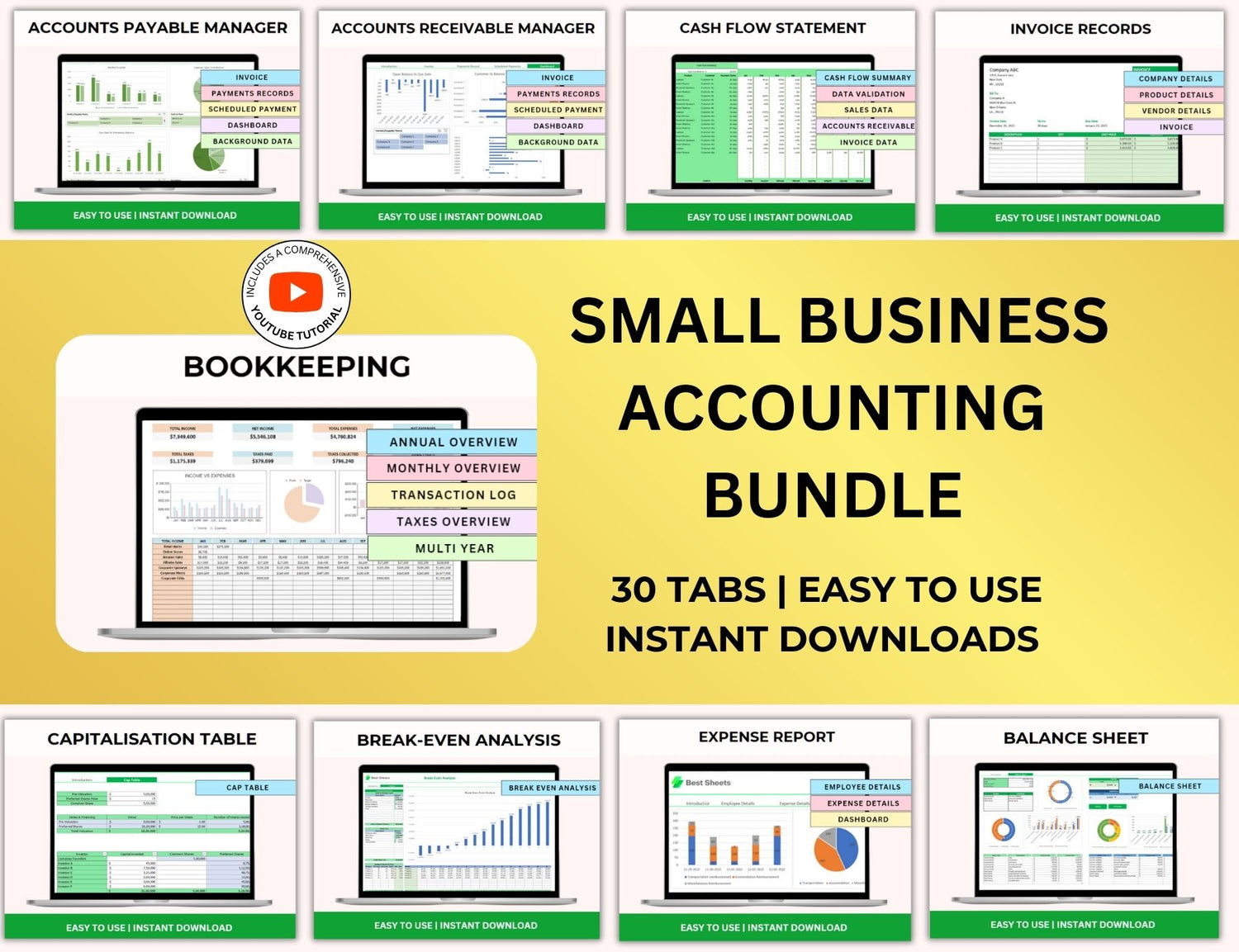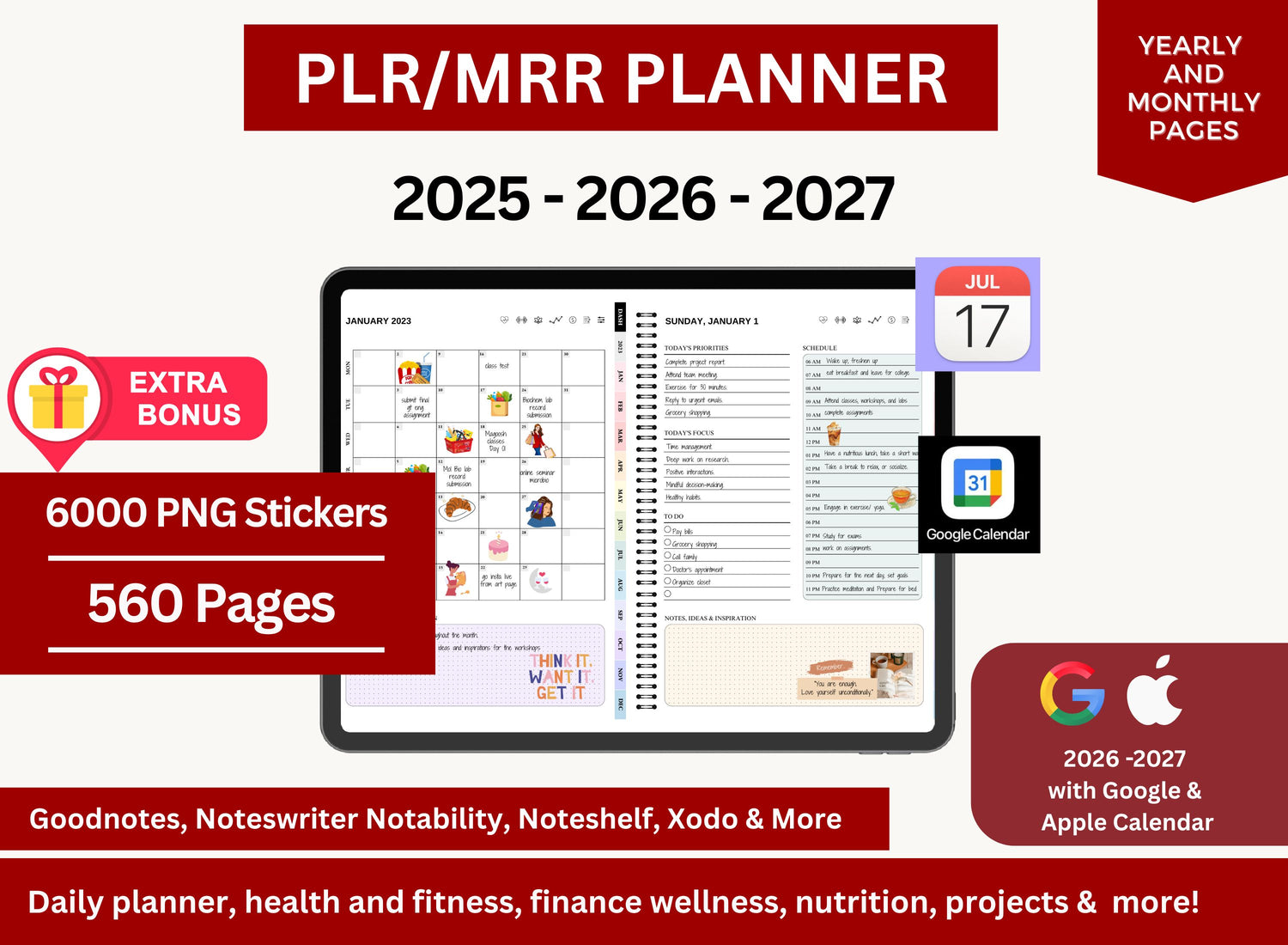9 Leadership Lessons Every Project Manager Should Learn
Leadership in project management is... well, complicated. It's not just about planning and tracking; it's also about people, timing, expectations—sometimes even just keeping the energy up when everyone’s drained. I've found (and I think many others would agree) that being a "leader" in this space requires a particular kind of balance. A mix of structure and adaptability. Precision and intuition. Honestly, it’s messy at times.
But some lessons do rise above the noise. Not as rules, exactly—more like patterns that seem to hold true often enough to be worth noticing. Let’s explore 9 leadership lessons that, over time, most project managers eventually learn. Usually the hard way.
TL;DR
| Lesson | What It Really Means |
|---|---|
| 1. Communication Is Everything | Don’t assume your team “gets it” just because you sent the update. Clarity takes follow-up and care. |
| 2. Emotional Intelligence Wins | EQ often matters more than technical know-how. People need to feel seen, not just managed. |
| 3. Decide Before You Know It All | Waiting for perfect info can stall progress. Sometimes you just have to make the best call you can. |
| 4. Accountability Is Built, Not Assigned | A project task tracker helps, but culture drives follow-through. People commit more when they feel ownership. |
| 5. Plans Change—Be Ready | No plan survives contact with reality. Good PMs adapt fast and keep calm when things shift. |
| 6. Let Go of Control (a Bit) | Collaboration builds buy-in. Invite input, share the wheel, and the whole team drives better. |
| 7. Time Management Starts with Saying No | Not everything matters equally. Learning to prioritize is key—even when it feels uncomfortable. |
| 8. You’ll Be Wrong—Own It | Mistakes are inevitable. Admitting them earns trust. Pretending they didn’t happen? Not so much. |
| 9. Lead by Example, Always | Your tone, behavior, and consistency set the standard—more than anything you say. |
1. Clear Communication Isn’t Optional. It’s Everything.
This one comes up again and again. If your team doesn’t understand what’s expected—or worse, if you don’t understand what’s expected—everything wobbles. Communication isn't about sending messages; it's about making sure they're understood.
That sounds simple, but in practice? It’s layered. You send an update. You assume it’s clear. Days pass, and something veers off track. Turns out, what you meant wasn’t what they heard. And that’s assuming they read it in the first place.
Use tools—project management templates, dashboards, project tracker Excel templates, Gantt chart templates—but also take the time to talk. Not everything fits neatly into an Excel task tracker template. Nuance rarely does.
Also, don’t assume a template has done the job for you. It’s easy to believe that a well-structured project management plan template communicates everything. But humans don’t read spreadsheets like robots. Sometimes, they just skim. Sometimes, they misinterpret. I’ve learned to follow up with a quick call or message, even after sending the cleanest, most perfectly color-coded project plan template Excel file. Just to be sure.
2. Emotional Intelligence Is More Useful Than Technical Skills
Not always, obviously. If the project is crashing because your deployment scripts failed, you probably need technical skill right now. But over the long arc? Emotional intelligence keeps people from burning out, or quietly giving up, or walking away.
You’ll need to notice when someone is overwhelmed, or when friction is building. You’ll need to know when to push and when to pause. It helps to remember that not every outburst is about you. Sometimes someone just had a bad morning.
There was a developer on one of my past teams—brilliant, but withdrawn. For weeks I thought he just didn’t care. Turns out, he was stuck and didn’t want to admit it. A 10-minute conversation changed the tone of the entire sprint.
Being aware of other people’s stress levels doesn’t make you weak as a leader. If anything, it’s how you build longevity into a team. Anyone can push a team to meet a deadline. Leading them through burnout and back into motivation—that takes EQ.
(Sample of a bookkeeping spreadsheet template that's a part of an all-in-one small business or project management templates bundle.)
3. You Won’t Always Have All the Information. Decide Anyway.
Perfection is a trap. Project managers often hold off, hoping for full clarity. But decisions made too late are sometimes worse than decisions made without all the data.
A project management plan template might help lay out dependencies, risks, deliverables. Still, those won’t answer every question. You'll need to decide which vendor to go with before the last quote comes in. Or green-light a feature when testing’s only 80% done.
Sometimes you’ll be wrong. But leadership often means absorbing that risk so your team can move. Stalling doesn’t feel like a decision, but it is.
In one project, I waited too long to approve a testing tool because I was hoping for a final demo. We missed a window to onboard early, and the delay cost us a week. Looking back, even a slightly imperfect call would have been better than indecision. That was hard to admit, but also necessary.
4. Accountability Is Cultural, Not Procedural
It’s tempting to think that if you just implement the right system—project schedule template Excel here, task checklist there—everyone will naturally stay on top of their work.
They won’t.
Accountability happens when people care. When they feel seen. When it’s obvious that the team relies on them. That doesn’t happen because of a spreadsheet; it happens because of you.
Call out good work. Notice when someone steps up. Ask questions instead of assigning blame. You’re building trust, not just tracking status.
And yes, a project tracker Excel template helps—especially for clarity and transparency. But it doesn’t replace genuine connection. One time I noticed a teammate kept skipping updates in the Excel task tracker. Rather than calling them out publicly, I just asked if something was blocking them. They ended up redesigning their task list with me over coffee. No confrontation needed. Just curiosity.
(Sample of a project task tracker template with a project schedule tab.)
5. Change Is Constant. Expect to Rewrite the Plan
Let’s say you’ve built the perfect project plan template. Everything fits. Stakeholders sign off. Timelines look tight but feasible.
Great. Now be ready to throw half of it out.
Things shift. Priorities evolve. Clients change their minds—sometimes in ways that feel maddeningly arbitrary. One delay ripples, and suddenly, your beautiful Gantt chart template is full of red bars.
That doesn’t mean your planning failed. Actually, it’s proof that you planned well enough to recognize when something needed to change.
Agility isn’t just for developers. Project managers need it just as much.
I remember once adjusting a delivery schedule three times in two weeks. It felt chaotic. But oddly, the client was impressed—not frustrated—because we responded fast. The schedule kept changing, but our grip on it didn’t.
6. Collaboration Is More Valuable Than Control
Control feels safe. It’s tempting to try to own every detail, every risk, every piece of the puzzle. But projects are almost never solo efforts.
And honestly? Most people do better work when they feel like they’re contributing, not just complying.
Let others shape the work. Use project management template PPT decks as a place to invite feedback, not just present decisions. Let your team poke holes in the schedule. Encourage arguments.
You don’t need to win every point. You need to finish the project.
I used to think collaboration meant slowing down. It doesn’t. It speeds up the parts that matter, because people are more invested. A timeline they helped build is one they’ll fight to meet.
(Sample of a project management planner template with a Gantt chart.)
7. Time Management Starts With Priorities
There are too many things. Always. And you can’t do them all. So the question becomes: What matters most right now?
A project plan template Excel file might help break things down, but even that needs human judgment layered on top. Some things can slip. Others can’t.
Learn to ask: What happens if this doesn’t get done today? Or this week? Learn to say no. Or not yet. Or let’s pause and think.
And don’t forget to schedule margin. Some things will take longer than they should. That’s not failure. That’s just… normal.
Also—and this is often overlooked—build in time for reflection. Not just delivery. One of the simplest project management templates I use has a space for weekly “What did we learn?” notes. It’s small, but over time it shapes everything.
8. You’ll Be Wrong. Often.
You’ll misread people. You’ll overpromise. You’ll make assumptions that seemed safe but weren’t. That’s part of it.
Leadership isn’t about being flawless. It’s about owning your mistakes and adjusting.
Some of the most powerful moments I’ve seen on teams happened when a PM admitted they were wrong. It opened space. Made it safe for others to admit the same.
Ironically, being willing to say "I don’t know" often builds more trust than pretending you always do.
I once told a team that a stakeholder wouldn’t block a release. I was wrong—very wrong. Instead of dodging the blame, I brought it up in the next meeting and said, "That one’s on me. Let’s reset expectations." The mood shifted instantly. Mistakes don’t ruin leadership. Denial does.
(Sample of a project management tool that's a part of a project management bundle for project managers.)
9. Your Example Matters More Than Your Instructions
You can tell people to hit deadlines. You can tell them to be proactive. But if you miss your own deadlines or delay decisions, your words won’t land.
Your behavior sets the tone. If you’re calm under pressure, others follow suit. If you show respect in hard conversations, people mirror that.
This doesn’t mean you have to be perfect. Just aware. Sometimes even naming your stress—"I’m feeling stretched thin this week"—can shift the tone of a meeting and make it feel more grounded.
People are always watching. Even when it feels like they’re not.
One team I led got through an especially tough sprint with almost no friction. Why? Not because of great planning (though the project management template was solid). It was because we stayed level-headed. And when I got something wrong, I said so. They followed suit.
Leadership in project management isn’t about getting everything right. It’s about being the kind of steady, thoughtful presence that helps a team navigate the unpredictable stuff together.
Templates help—project management schedule templates, project plan template Excel files, project management template PPT decks—they all give you structure. But they’re not the leadership. You are.
You’re the one who makes the call when the data is fuzzy. Who nudges the conversation when someone’s quiet. Who admits when they messed up and helps everyone move forward anyway.
So, those are the lessons. At least, the ones I’ve seen repeat. You might have others—and that’s fair. Leadership isn’t a checklist. It’s a practice.
Sometimes messy. Often hard. Always human.
And occasionally, if you’re lucky, deeply rewarding.











